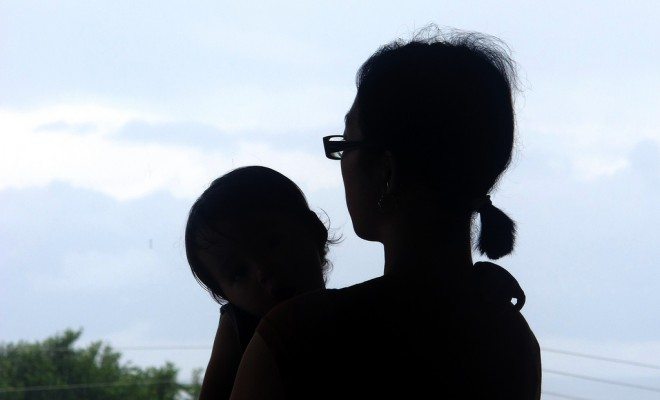
Schools
UT Law’s Children’s Rights Clinic: Public Service Excellence
There’s two sides to every case. But when the case is about child welfare and the side in need of protection consists of children who cannot defend themselves, the case becomes sensitive. These children need public servants, people who can defend them when they cannot defend themselves. That’s why what Leslie Strauch at the University of Texas School of Law is doing is so important. Strauch is the supervising attorney and clinical professor for UT Law’s Children’s Rights Clinic. Strauch is an excellent example of the type of lawyers our nation needs–she has extensive experience dealing with children and the law. Currently, she helps law students to see the positive impact child welfare law has on society by providing them with the opportunity to aid abused and neglected children.
Law students enrolled in UT Law’s Children’s Rights Clinic participate in trials from start to finish at the Travis County District Court. They receive firsthand experience in researching and preparing the cases as primary attorneys. The Children’s Rights Clinic does not try jury cases every year so kudos are in special order to this year’s participants for their recent victories. This clinical experience is unique to UT Law because Texas is one of the few states that allows family law cases to be heard before a jury.
Strauch spearheaded this year’s first victory with Rebeca Ojeda, an advanced clinic and third-year law student at UT Law. In this case, Ojeda conducted direct and cross examinations of several witnesses, including an expert witness. Strauch and Ojeda were advocating for terminating parental rights, and won the case with a definitive 10-2 verdict. Ojeda expressed feelings of pride for advocating for justice as she watched her clients “nestle into the arms of their future adoptive parents.”
Another student, 3L Brooke Ginsburg, assisted Strauch in this year’s second case. This trial was similar to the first–Child Protective Services aimed to terminate parental rights. Ginsburg received valuable experience by preparing the trial notebook and conducting witness examinations. Strauch and Ginsburg successfully advocated for the child to be adopted by family members. Ginsburg’s firsthand involvement in the case provided her with a fresh perspective. She told The Magazine of the University of Texas School of Law about this new mindset:
The trial put into perspective the importance of each action an attorney takes throughout the life of a case. It was a tremendous learning experience to be part of a jury trial from start to finish. I learned a lot about making arguments and procedural law, but I was most excited to see that with hard work, strategic thinking and preparation an attorney can positively impact a child’s life.
The impacts Ginsburg and Ojeda were able to make on these children through their work exemplifies the importance of child welfare law practice. If more lawyers joined the movement to work as public servants this could benefit both lawyers and at-risk children. It’s not news that many law school grads are having trouble securing work–this is a point that has been drilled into our heads. Yet, we forget to look at the other side and think about the people who are deprived of legal services. In May 2013 The Huffington Post wrote:
A recent report by the non-profit Legal Services Corporation cites estimates that at least 50 percent of Americans who qualify for free legal assistance because of their income or needs don’t get the help they need because legal aid organizations don’t have the funding or capacity to meet their needs. That’s a large number when you consider that 61.4 million Americans qualify for legal assistance from non-profit and government-funded programs — a number that has increased by more than 10 million since 2007.
With more programs like UT Law’s Children’s Rights Clinic, we can begin to close that justice gap. By training more law students for the purpose of public service, they could have a leg up while looking for work, and they could benefit society. After all, how many 5-year-olds do you know who can hire an attorney for themselves? Children make up an alarming number of the millions of people who are deprived of legal aid. The effects the movement toward public service could have on our nation’s legal industry would be hugely beneficial. That being said, this is no easy fix. Resources would have to be redistributed to meet the salary needs of public attorneys and student loan programs would have to be redefined. However, this could be a huge game-changer for the legal field. I think more people should give it a try, and I applaud UT Law and Leslie Strauch for their efforts.
—
Natasha Paulmeno (@natashapaulmeno)
Featured image courtesy of [Takashi Toyooka via Flickr]








Comments